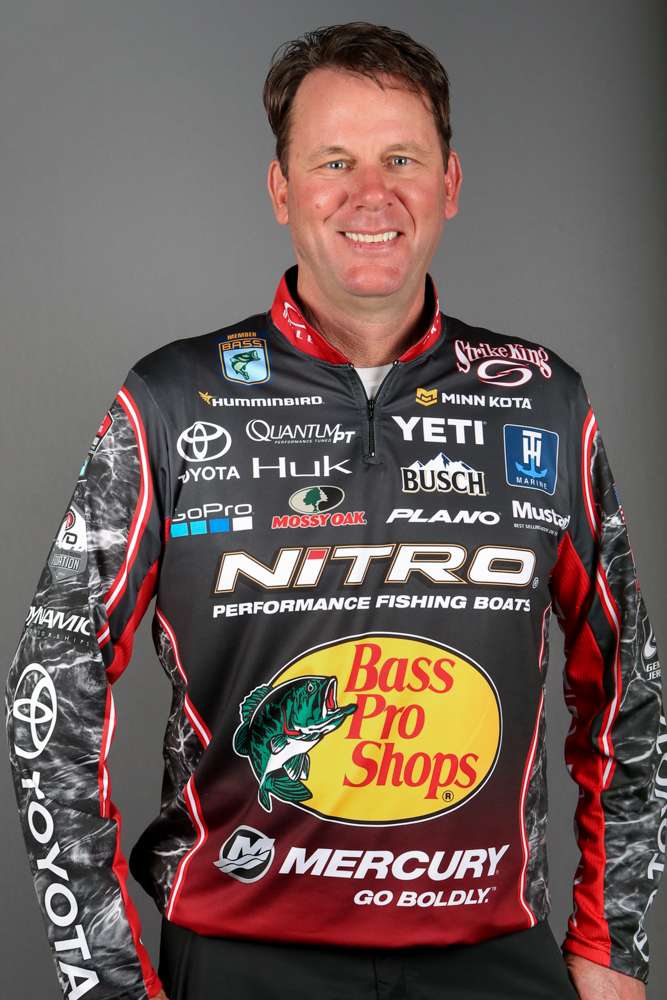Table Rock Lake continues to amaze me with how quickly the fish can change patterns.
We saw it first-hand at the A.R.E. Truck Caps Bassmaster Elite event last week. Thankfully, I knew how to adapt daily and get a Top 12 finish.
I’ve probably spent more time on Table Rock fishing with sponsors, working Bass Pro Shops or Nitro promotions and the media over the past 20 years, as I have any other lake.
I’ve fished it various times of the year and seen all the various water levels and clarity the lake can throw at you. It’s a beautiful lake with all three bass species and is probably the best definition of a “pattern lake” as you’ll ever see. The fish will get on a certain type of rock, in a depth zone or water clarity on any given day. Once you figure out the pattern, you can duplicate it just about anywhere on the lake.
However, Table Rock bass also can change patterns faster than most lakes I’ve fished. Those rapid changes were magnified with the beginning of the spawn phase that makes them even more fickle.
One thing is certain; you have to fish the wind there. Without it, “catching” gets real tough. I always look at wind forecasts before I chose which areas I will fish.
The first competition day was an angler’s dream: warm temperatures, a low pressure system, wind with clouds and storms. Bass bit everything, and I had my best day ever as far as numbers of bass. I caught doubles on my jerkbait several times; there were spells where I caught fish on every cast for 15 to 20 minutes. Unfortunately, they were all the same size and my limit was only around 14 pounds.
The next day was postfrontal conditions with a lot of wind and clouds. I expected to have another great day, but only caught 12 pounds and fell to 37th place.
The third day was the one you dread at the Rock – slick, no wind, bright skies and clear water. I knew I could catch a few by power fishing early and would probably have to finesse fish once the sun got up.
I caught a pair of 3-pound-plus smallmouth and a nice largemouth in the first two hours on a KVD 1.5 flat side crankbait. When the sun got up and the bite slowed, I started keying on standing timber on steep banks.
I figured it was too calm for a jerkbait but I tried it anyway and caught a good keeper that I saw come up and eat it. I thought it was a fluke bite, but kept working it through more trees and saw another giant come in and gobble it up. That fish weighed 7 1/2 pounds, so I had to commit to that pattern and try to catch an even big stringer. Later that day, I had a fish between 8 and 10 pounds come in and snatch the back of the bait, only to come unbuttoned before I got him to the boat. I still finished the day with around 19 pounds and jumped from 37th to 3rd.
Again, in the finals, I figured the jerkbait in the trees would continue to produce but it didn’t. I started experimenting with the pattern, and I’ll be darned if those fish didn’t leave the steeper banks and get on pea gravel banks – a place I hadn’t been able to catch them all week!
It’s hard to be consistent on that lake for four straight days. Winner Mike McClelland managed to do the best job, but I was pleased that I was able to scratch out a good finish.
Remember, no matter how tough it gets, it’s all about the attitude!
Kevin VanDam’s column appears weekly on Bassmaster.com. You can also find him on Facebook and Twitter.

